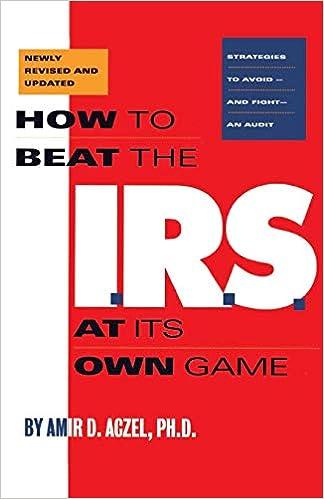 # This question is said best to refer to 2020 principle of taxation law
# This question is said best to refer to 2020 principle of taxation law
Zack retired at the age of 50 in December 2009 and received a gratuity of $200,000. He used his gratuity to partly finance the cost of acquisition of a piece of agricultural land costing $400,000. The balance of the acquisition cost was financed through bank borrowings. Part of the agricultural land was developed into a macadamia farm and the balance of the land was leased out. During the current tax year, Zack and his wife migrated to the U.S. to be with their children. Before he left Asutralia, he sold the agricultural land for a gain of $450,000. The sale was made through a real estate agent, with costs associated with the disposal included agent's commission of $20,000 and legal fees of $3,200. Neither he nor his wife has previously disposed of any real property. (a) - Explain whether the gain arising from the sale of land is revenue or capital in nature. arguments is to be available on both sides of the proposition. conclusion is to be drew with supported by relevant case law and rulings. (b) - Assume that the the gain arising from the sale of land is capital in nature, determine Larrie's net capital gain/(loss) for the current tax year. Element is to be indicated of which the cost base is applicable for each outlay with answer supported by with relevant income tax legislation. Zack retired at the age of 50 in December 2009 and received a gratuity of $200,000. He used his gratuity to partly finance the cost of acquisition of a piece of agricultural land costing $400,000. The balance of the acquisition cost was financed through bank borrowings. Part of the agricultural land was developed into a macadamia farm and the balance of the land was leased out. During the current tax year, Zack and his wife migrated to the U.S. to be with their children. Before he left Asutralia, he sold the agricultural land for a gain of $450,000. The sale was made through a real estate agent, with costs associated with the disposal included agent's commission of $20,000 and legal fees of $3,200. Neither he nor his wife has previously disposed of any real property. (a) - Explain whether the gain arising from the sale of land is revenue or capital in nature. arguments is to be available on both sides of the proposition. conclusion is to be drew with supported by relevant case law and rulings. (b) - Assume that the the gain arising from the sale of land is capital in nature, determine Larrie's net capital gain/(loss) for the current tax year. Element is to be indicated of which the cost base is applicable for each outlay with answer supported by with relevant income tax legislation
 # This question is said best to refer to 2020 principle of taxation law
# This question is said best to refer to 2020 principle of taxation law





